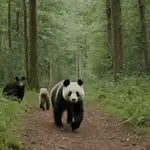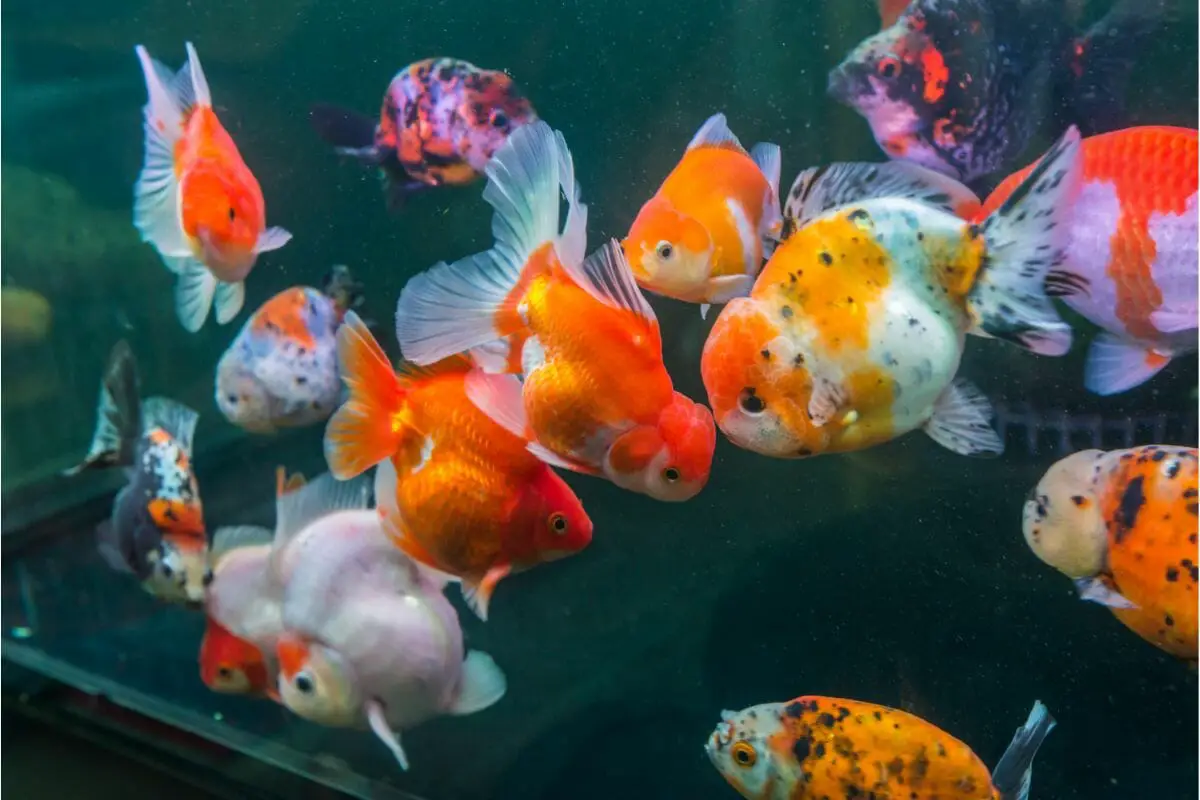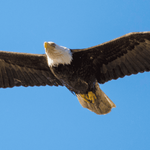Ever wondered about the memory capabilities of animals? It’s a fascinating subject that can shed light on their cognitive abilities and behavior. For instance, dogs, our beloved companions, have a short-term memory span of just two minutes, while chimpanzees, our closest living relatives, possess a memory span that may not be as extensive as humans’.
Meanwhile, goldfish defy the three-second memory myth, and birds exhibit a wide range of memory skills. Even elephants, renowned for their exceptional memory, have memory traits that are vital to their survival. This article delves into these intriguing aspects and more, providing unique insights into the world of animal memory.
Key Takeaways:
- Dogs have a short-term memory span of around two minutes, but they excel in long-term memory for tasks and skills, which is crucial for their survival and well-being.
- Chimpanzees, our closest living relatives, have a shorter memory span than anticipated and do not possess the same level of episodic memory as humans, which has implications for understanding primate cognition.
- Goldfish have a memory span that far exceeds the mythical three seconds, with the ability to navigate mazes and remember colour associations, challenging our perceptions of fish intelligence.
- Birds exhibit a wide range of memory abilities, from the remarkable feats of corvids like crows and ravens to the more limited capabilities of domestic chickens, showcasing the adaptability of different species.
- Elephants have exceptional spatial, social, and associative memory, which plays a vital role in their survival and complex social structures, challenging the ‘never forget’ adage.
List of Animals With Bad Memory
While dogs have a short-term memory of only two minutes, goldfish memory surpasses the three-second myth, and chimpanzees’ memory span is shorter than expected. Birds exhibit varied memory skills, with corvids excelling, and elephants have strong spatial, social, and associative memory, challenging the ‘never forget’ adage. Domestic animals like cats and rabbits also demonstrate memory capabilities essential for their interactions and learning.
| Animal | Short-Term Memory Span | Long-Term Memory Traits | Practical Implications for Humans |
| Dogs | 2 minutes | Strong in task and skill retention, weak in specific event recall | Tailor training with repetition and positive reinforcement |
| Chimpanzees | Shorter than expected | Possess episodic-like memory, less developed than in humans | Provides insights into primate cognition |
| Goldfish | Surpasses 3 seconds | Capable of complex learning, maze navigation, and color discrimination | Rethink care and tank setups for cognitive stimulation |
| Birds | Varies by species | Some species have remarkable recollection, others have limited memory | Study helps understand avian intelligence and adaptation |
| Elephants | Not specified | Strong in spatial, social, and associative memory, crucial for survival and sociality | Important for conservation and understanding social structures |
| Marine Animals | Varies by species | Dolphins exhibit exceptional memory; other species vary | Aids in marine biology and conservation strategies |
| Cats | Up to 16 hours | Strong associative memory, remembers significant events | Helps in creating a nurturing environment for pets |
| Other Domestic Animals | Varies | Rabbits and guinea pigs show spatial and procedural memory, birds have advanced cognition | Influences pet care and training techniques |
1. Dogs: Short-Term Memory in Canines

Dogs, often hailed as man’s best friend, may not hold onto memories of their experiences as long as humans do. A study highlighted by National Geographic suggests that dogs have a short-term memory span of just two minutes. This revelation might come as a surprise to many dog lovers, but it’s a trait that serves dogs well.
Unlike humans, who rely heavily on the ability to recall specific events and information over extended periods, dogs have memory systems that are fine-tuned for their survival needs.
The biological and evolutionary underpinnings of a dog’s memory are quite different from our own. While humans have developed complex structures in the brain for processing and storing long-term memories, dogs excel in different areas.
Their cognitive abilities are geared more towards learning through immediate experiences and cues from their environment, which is crucial for a species that has historically lived in the moment, hunting and scavenging to survive.
Studies and experiments have delved into the intricacies of canine memory. For instance, while a dog might not remember the details of an encounter with another dog from two days ago, they are remarkably adept at remembering commands and training they’ve received, which speaks to the strengths of their long-term memory when it comes to tasks and skills.
Understanding Canine Cognitive Abilities
Dogs possess a fascinating suite of cognitive abilities that allow them to process information and learn from their surroundings. Their learning capabilities are often demonstrated through their ability to follow commands and perform tasks that have been reinforced through training.
This is a testament to their long-term memory, which, contrary to their short-term memory, can retain important information, like the training they receive from their owners.
The nature of a dog’s memory is such that it is highly specialized. They may not remember specific events for long, but they can remember how to do things that are important for their survival and well-being.
For example, a dog might not recall the individual occurrences of their owner coming home each day, but they will remember the routine and anticipate the events that usually follow, such as feeding or going for a walk.
Practical Implications for Dog Owners
For dog owners, understanding the nuances of their pet’s memory can be incredibly beneficial. Training methods should be adapted to account for the short-term memory span of dogs.
Repetition and positive reinforcement can help solidify commands and behaviors in a dog’s long-term memory. Additionally, engaging dogs in games and exercises that stimulate their cognitive functions can enhance their memory capabilities.
Understanding a dog’s behavior patterns also becomes easier when considering their memory. For instance, if a dog seems to forget an interaction with another dog shortly after it happens, it’s not a sign of disinterest or rudeness but rather a normal aspect of their cognitive function. By tailoring interactions and training to align with their memory capabilities, dog owners can foster a more harmonious and effective relationship with their furry companions.
2. Chimpanzees: Memory Span in Our Closest Relatives
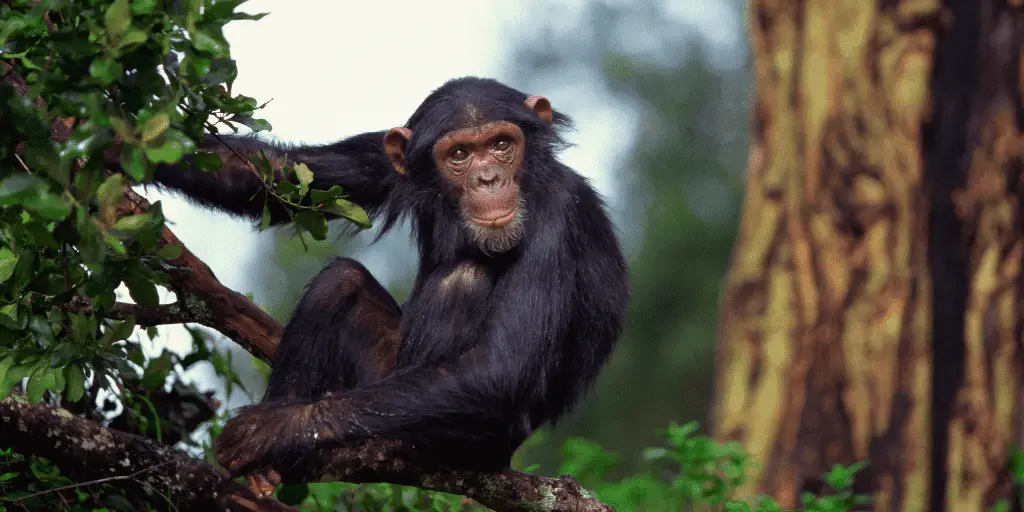
When we think of chimpanzees, our closest living relatives, we often assume that their cognitive abilities, including memory, would closely mirror our own. However, studies, including those highlighted in National Geographic, have revealed some surprising findings.
Contrary to what one might expect, chimpanzees have been shown to possess a shorter memory span than anticipated, even falling behind other animals such as rats in some cases. This revelation prompts a fascinating inquiry into the evolutionary trajectory of memory and cognition.
The methodologies employed in these studies are as intriguing as the findings themselves. One such method is the delayed matching-to-sample task, where chimpanzees are shown an item and then, after a delay, must select that item from a group of alternatives.
The performance of chimpanzees in these tasks has provided valuable insights, suggesting that while they are capable of remarkable feats of memory in some contexts, their memory span is not as extensive as one might presume, especially when compared to humans.
Comparative Analysis with Human Memory
Diving into the differences between chimpanzee memory and human memory opens up a window into our evolutionary past. Humans and chimpanzees share a common ancestor, yet the path that led to the sophisticated human memory, capable of complex recall and planning, diverged significantly from that of our primate cousins.
One key aspect of this divergence is episodic memory, the ability to recall specific events from one’s past, which is a prominent feature of human cognition. While there is ongoing debate among experts, current research suggests that chimpanzees may have a form of episodic memory, but it is not as developed as in humans.
Understanding these differences is not just about measuring memory span; it’s about appreciating the nuances of how memory functions in different species. It’s about recognizing the unique aspects of human memory, such as the ability to remember and construct detailed narratives of past experiences, which has played a crucial role in the development of culture, language, and complex societies.
Implications for Understanding Primate Cognition
The study of chimpanzee memory is not just an academic exercise; it has profound implications for our understanding of primate cognition as a whole.
These findings shed light on the intelligence, social behavior, and learning abilities of primates, suggesting that memory capabilities are deeply intertwined with other cognitive functions. For instance, a chimpanzee’s ability to remember social interactions and learn from them is essential for navigating the complexities of primate societies.
Moreover, the research on chimpanzee memory opens up numerous avenues for future exploration. Scientists are keen to understand the full extent of primate memory and cognition, which could reveal much about the evolutionary pressures that shaped the brains of our primate relatives.
As we continue to study these remarkable animals, each discovery adds a piece to the puzzle of how cognitive abilities, including memory, have evolved across different species, including our own.
3. Goldfish: Challenging the Three-Second Memory Myth
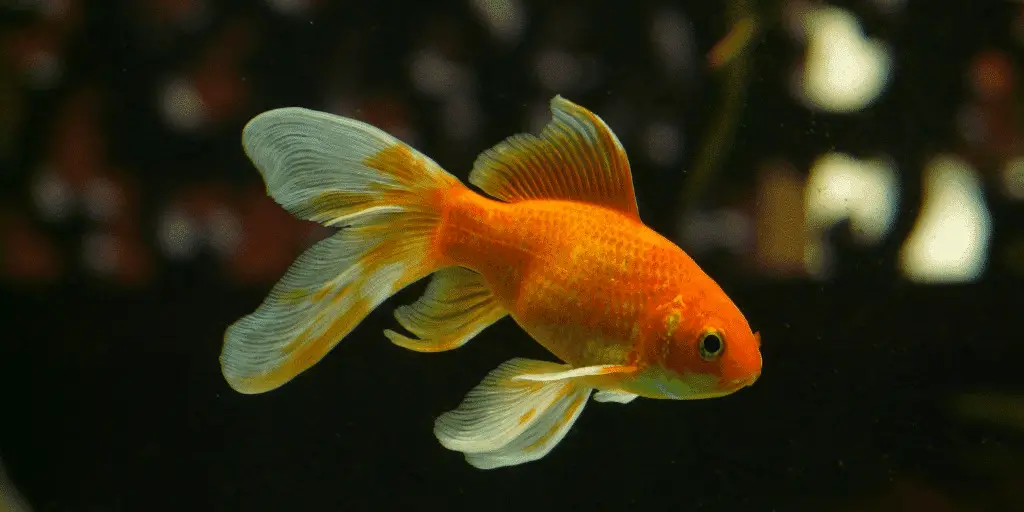
The tale of the goldfish and its supposed three-second memory is one that has swum around for years, but it’s time to dry off that old yarn and look at the shimmering truth.
Scientific studies have plunged into the depths of goldfish cognition, revealing that these aquatic creatures have a memory span that far exceeds the mythical three seconds.
Through a series of intriguing experiments, researchers have discovered that goldfish possess a remarkable ability to learn and remember, challenging our preconceived notions about the intelligence of these often underestimated pets.
Goldfish in Memory Research
Goldfish have been the stars of memory research, not because they are forgetful, but because they are surprisingly good at remembering.
One of the most compelling pieces of evidence comes from maze experiments, where goldfish have demonstrated the ability to navigate complex environments, recalling the correct path to find a reward. In these studies, goldfish were trained to swim through mazes, and their ability to remember the route days and even months later was astonishing.
Another area where goldfish have shown their cognitive stripes is in color discrimination tests. Here, goldfish were trained to associate a certain color with food.
After a training period, these finned scholars were able to pick the correct color, showing that they remembered the association between the color and the tasty reward. These experiments are meticulously designed to rule out simple instinctual behavior, ensuring that it’s indeed memory at play.
Goldfish are a popular choice for such research because they are hardy, easy to care for, and display a wide range of behaviors that can be studied. The outcomes of these studies are reshaping our understanding of fish intelligence, proving that goldfish are capable of both learning and memory retention.
Implications for Aquatic Animal Care
The revelations about goldfish memory have ripples that extend into how we care for these and other aquatic animals. Recognizing that goldfish can remember and learn means that their care in home aquariums and research settings should reflect their cognitive abilities.
For instance, providing environmental enrichment, such as varied landscapes, plants, and opportunities for problem-solving, can stimulate a goldfish’s brain, promoting mental health and behavioral diversity.
For the goldfish enthusiast, this means rethinking tank setups and interactions. Engaging with your goldfish through training exercises, like teaching them to swim through hoops or push a ball, can be both a fun and enriching activity that taps into their learning potential.
By understanding and catering to their cognitive needs, we can enhance the well-being of our aquatic companions, ensuring they lead fulfilling lives in their watery worlds.
4. Birds: Avian Memory Quirks
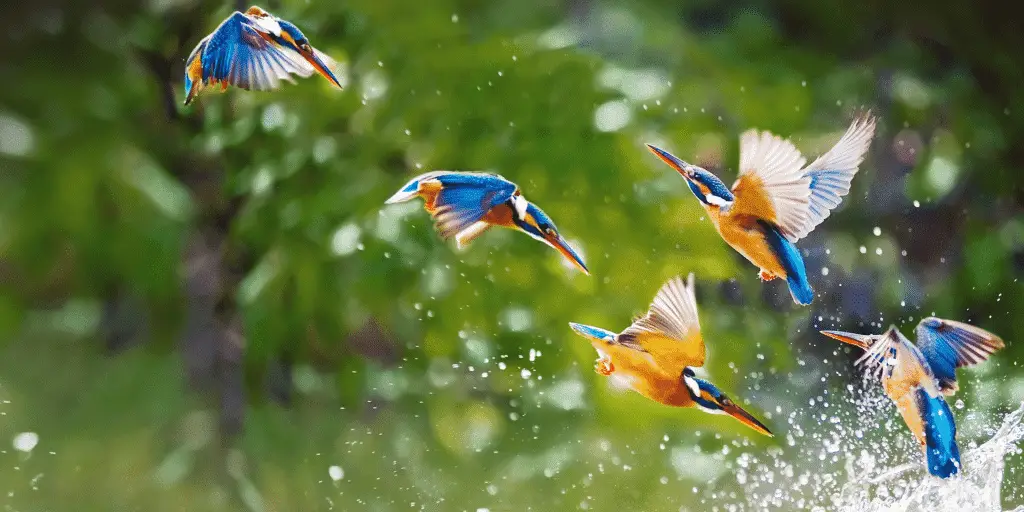
Birds, often admired for their grace in the sky, also possess a fascinating array of cognitive abilities, particularly when it comes to memory. While some species boast remarkable feats of recollection, others may not be as gifted in this department.
The memory prowess of birds is as varied as their species, with some having the ability to recall the locations of hundreds of food caches, while others struggle with basic tasks.
Ornithologists and bird behaviorists have spent countless hours observing and studying these creatures, providing us with insights into the complexities of avian memory. From the spatial memory marvels of food-caching species to the more modest memory capabilities of others, the world of bird memory is both intricate and intriguing.
Species with Notable Memory Skills
When it comes to birds with impressive memory, members of the corvid family, which includes crows and ravens, often steal the spotlight. These birds are not just smart; they’re strategic thinkers with a knack for problem-solving that relies heavily on their memory.
For instance, crows have been observed using traffic to crack nuts and recalling the timing of traffic lights to retrieve their prize safely. Ravens, too, have demonstrated their ability to remember the faces of individual humans, particularly those who have wronged them, and can hold a grudge for months.
Studies have shown that these birds use episodic-like memory, which is similar to humans’ ability to recall past events. They can remember where they hid food and even plan for future needs, a skill once thought to be uniquely human. Their social interactions also hinge on memory, as they recognize and remember the social status and past behaviors of other birds, which is crucial for survival in their complex social structures.
Birds with Limited Memory Capabilities
On the flip side, not all birds are memory mavens. Some species exhibit surprisingly limited memory capabilities, which can be just as telling about avian cognition. For example, domestic chickens have shown difficulties in retaining training over extended periods, which suggests a more immediate, moment-to-moment way of processing the world around them.
These limitations, however, do not necessarily imply a lack of intelligence; rather, they highlight the adaptability of different species to their environments. A bird with a less robust memory might excel in skills that don’t rely on recall, such as reaction time or sensory perception. Understanding these limitations helps ornithologists piece together the evolutionary puzzle of why certain memory traits develop in some species and not in others.
By examining the spectrum of memory abilities across various bird species, we gain a richer understanding of avian intelligence and the diverse strategies birds employ to navigate their world. Whether it’s recalling the location of thousands of seeds or simply recognizing a fellow flock member, the memory skills of birds are as varied and complex as the birds themselves.
5. Elephants: Challenging the ‘Never Forget’ Adage
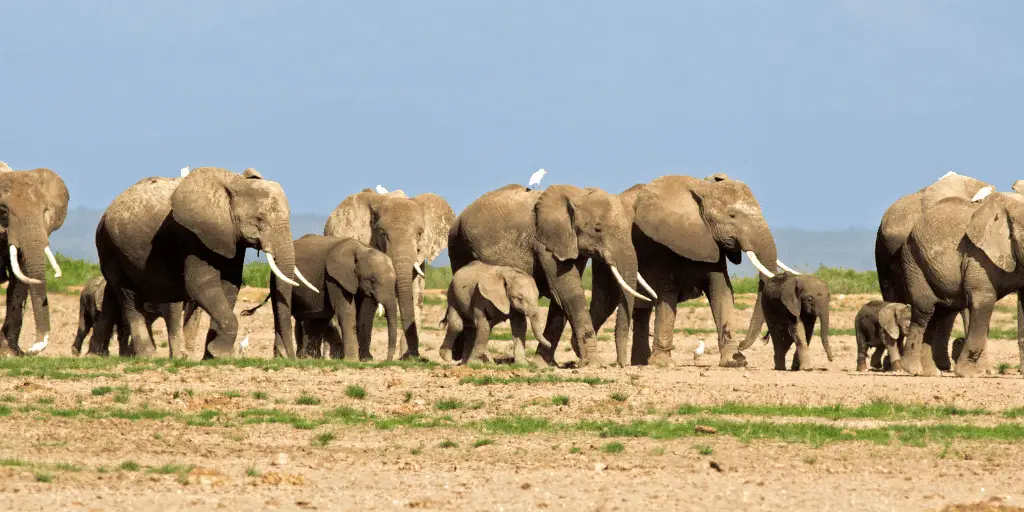
The saying “elephants never forget” has been around for ages, painting these majestic creatures as the ultimate memory champions of the animal kingdom. But what’s the real scoop on elephant memory? Elephants are indeed remarkable when it comes to certain types of memory, such as spatial, social, and associative memory. These aren’t just party tricks; they’re vital to an elephant’s survival and the intricate social structures they form.
Wildlife researchers and conservationists have spent countless hours observing these gentle giants, and their studies provide a window into the complex memory system of elephants. It’s a system that’s evolved not just to remember for the sake of remembering, but to navigate the challenges of the wild, maintain family bonds, and ensure the species thrives.
Social and Spatial Memory in Elephants
When it comes to social and spatial memory, elephants are like the grandmasters. They remember family members and can recognize them after years of separation.
This isn’t just a casual “hello” either; it’s an essential part of maintaining their complex social hierarchies. Elephants live in matriarchal societies, where the oldest female often leads the group. Her memory of past experiences, individuals, and places is critical for the group’s survival.
But it’s not just about who they know. Where they go is just as important. Elephants have migration routes that they follow year after year, which are etched into their memory like a map.
These routes lead them to water, food, and safe breeding grounds. Studies have shown that older elephants are crucial during times of drought or when the environment changes, as they remember old water sources that younger ones may not know.
Associative Memory and Survival Strategies
Associative memory is another ace up an elephant’s trunk. They remember where the good stuff is – like the locations of water and food – and also where danger lurks. This type of memory is a cornerstone of their survival strategies. For instance, elephants can recall the scent of a predator and the location of a past encounter, helping them avoid threats in the future.
This memory isn’t just about avoidance; it’s also about problem-solving. Elephants have been observed using their memory to find solutions to obstacles, like remembering how to use tools to access water or food. Their ability to associate past experiences with current challenges is a testament to their intelligence and adaptability.
In their natural habitat, these memories are not just conveniences; they are the difference between life and death. The ability to remember where to find the necessities of life during the dry season or where to take shelter during a storm has allowed elephants to not just survive, but to flourish in a variety of environments.
6. Marine Animals: Memory in the Depths
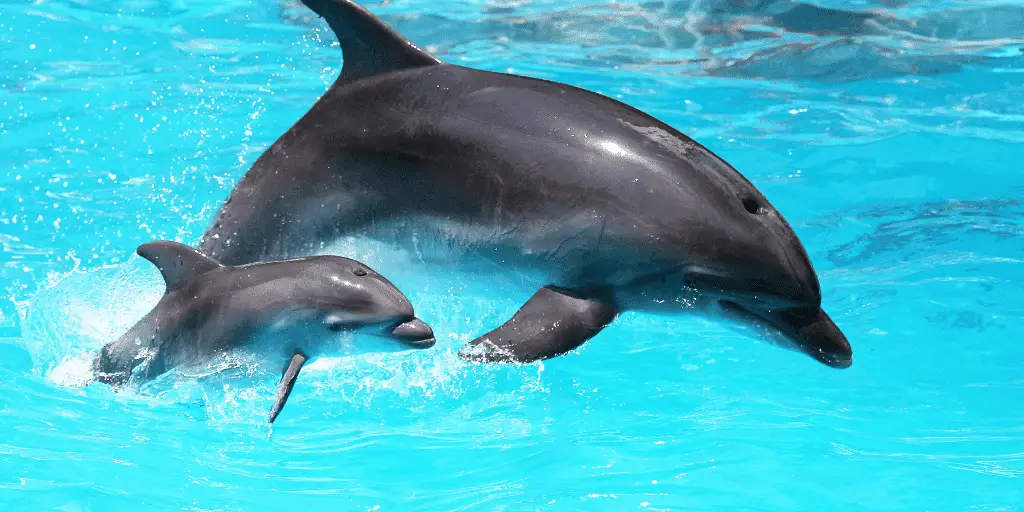
The ocean is a vast and complex habitat, home to a myriad of creatures with a wide array of memory capabilities. From the sharp recollections of dolphins to the seemingly forgetful fish that roam the reefs, marine animals exhibit a fascinating spectrum of memory prowess.
Studies in marine biology, along with observations from those who work closely with sea creatures, provide insight into how these animals use their memory for survival, navigation, and maintaining social bonds.
Dolphins and Their Exceptional Memory
Dolphins are often celebrated for their intelligence, and a significant aspect of this is their remarkable memory. Research has shown that dolphins can remember the whistles of other dolphins they’ve lived with after being separated for more than 20 years.
This long-term memory is not just impressive; it’s crucial for the complex social interactions that define dolphin communities. Their ability to recognize and remember each other is a cornerstone of their social structure, which relies on intricate communication networks.
Experiments have also demonstrated dolphins’ capacity to remember specific tasks and commands for extended periods, even without constant reinforcement. For instance, dolphins trained to perform a particular trick can recall how to do it years later. This cognitive ability is not just a neat party trick; it’s an adaptation that allows dolphins to thrive in their dynamic and sometimes challenging environment.
Memory Variations Among Other Marine Species
While dolphins may be the poster children for memory in marine life, they are not the only sea creatures with notable memory abilities. Octopuses, for example, have shown remarkable problem-solving skills and the ability to remember solutions to tasks, such as unscrewing a jar to get to food inside. This indicates not only memory but also complex cognitive processing.
On the other end of the spectrum, some fish species are believed to have a more limited memory span. The common myth that goldfish have a memory span of just a few seconds has been debunked; they can actually remember things for months.
However, compared to dolphins and octopuses, many fish species have simpler memory systems, which are still perfectly suited to their lifestyles. For example, a fish’s memory helps it avoid predators, remember the location of food sources, and navigate their environment, even if it doesn’t retain the same level of detail or for as long as a dolphin might.
The diversity of memory capabilities among marine animals is a testament to the adaptability of life in the ocean. Each species has developed a memory system that supports its unique way of life, whether it’s the complex social structures of dolphins or the more straightforward survival needs of fish.
Understanding these differences not only fascinates us but also helps marine biologists and conservationists tailor their approaches to protect these incredible creatures and their habitats.
7. Domestic Animals: Cats and Others
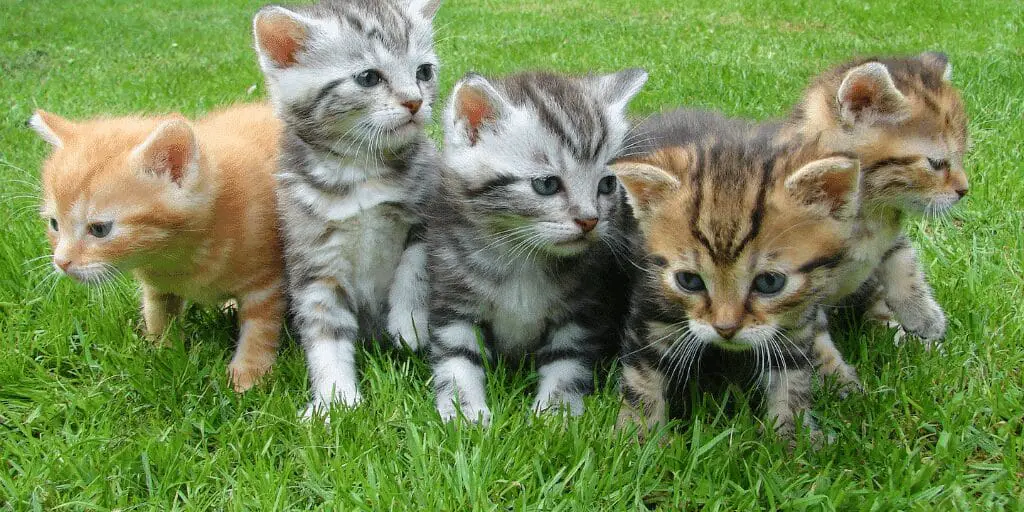
When we think of our beloved pets, we often marvel at their quirky behaviors and the unique bonds we share with them. A significant part of these relationships is how our pets remember and interact with us, which is deeply rooted in their memory capabilities.
Cats, in particular, have fascinated pet owners and scientists alike with their enigmatic presence and cognitive abilities. Beyond cats, other domestic animals like rabbits, guinea pigs, and birds also showcase interesting memory traits that influence their interactions and learning.
The Enigmatic Memory of Cats
Cats are known for their mysterious demeanor, but when it comes to memory, they are quite remarkable. Their short-term memory can last up to 16 hours, which is considerably longer than that of other animals. This allows them to remember people, places, and events well after they have occurred. For instance, a cat might remember the spot where it last saw a toy or the time of day when their owner typically returns home.
Long-term memory in cats is often associated with important or impactful experiences. They are likely to remember significant events, such as a visit to the vet or the introduction of a new pet into the household. This aspect of their memory plays a crucial role in their learning and adaptability. Cats learn through observation and experience, utilizing their memory to avoid dangers or to repeat actions that have resulted in rewards, such as treats or affection.
Moreover, cats use their memory to recognize their owners and develop strong bonds with them. They associate certain sounds, like the jingle of keys or the opening of a food container, with their human companions, which is a testament to their associative memory.
Memory in Other Domestic Animals
Moving beyond the feline world, other domestic animals also exhibit fascinating memory capabilities. Rabbits, for example, have the ability to remember complex pathways to their burrows and can be trained to navigate obstacle courses, indicating a level of spatial memory.
Guinea pigs, while often underestimated, can recognize and remember their owners and are capable of learning simple tricks through repetition and reward, showcasing their procedural memory.
Birds, particularly those kept as pets like parrots and budgerigars, have shown impressive feats of memory. Some species can remember hundreds of words and phrases, and they can associate sounds with meanings, which is a clear indication of their advanced cognitive abilities. Their memory allows them to mimic human speech patterns and understand simple commands, making them highly interactive companions.
Understanding the memory capabilities of these animals is not just an academic pursuit; it’s essential for providing them with the best care. Recognizing that memory plays a significant role in their behavior and training can help us create more enriching environments for them and strengthen the bond we share with our furry and feathered friends.
Conclusion
In conclusion, animals exhibit a wide range of memory capabilities that are intricately linked to their survival, social interactions, and overall intelligence. Dogs, while having a short-term memory span of only two minutes, excel in long-term memory for tasks and skills.
Chimpanzees, our primate relatives, possess a memory span that is not as extensive as humans, but they demonstrate unique forms of episodic memory. Goldfish have been proven to have a memory span far exceeding the three-second myth, with the ability to remember complex environments and associations.
Birds display diverse memory skills, with corvids like crows and ravens possessing remarkable feats of episodic-like memory, while other species exhibit more limited capabilities. Elephants, often associated with exceptional memory, have shown prowess in spatial, social, and associative memory, which are vital for their survival and complex social structures.
Marine animals also exhibit a spectrum of memory abilities, with dolphins having exceptional long-term memory and other species, like octopuses and fish. displaying memory systems adapted to their unique lifestyles. Domestic animals, such as cats, rabbits, guinea pigs, and birds, showcase interesting memory traits that influence their interactions and learning, making them highly adaptable and flexible in their environments.
Understanding the memory capabilities of these diverse species not only broadens our appreciation for the animal kingdom but also provides valuable insights into their behavior, learning, and adaptability, ultimately contributing to better care and conservation efforts.




